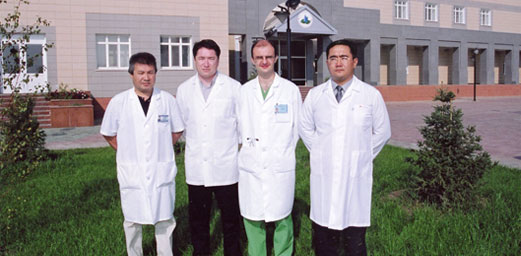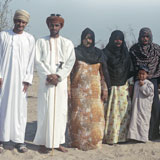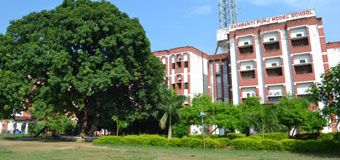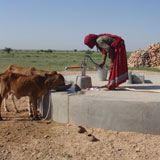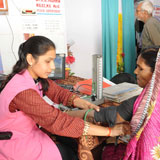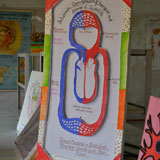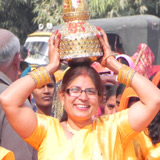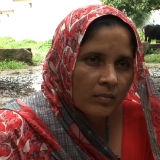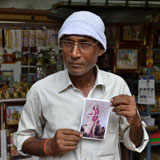Community case studies
- Communities Overview
- Project Site Communities
- Village Development, Sitamarhi
- Village Development, Bap
- Health Initiatives
- Muhammadiyan Welfare Home
At our sites around the world we are very cognisant of the impact that our work can have on the local area and on Project Affected People (PAPs). Just as each project and location is different, the need of every community is different too, so from site to site we have worked with local people in various ways. Below are some recent examples, but wherever we are working we aim to build strong relationships with local leadership systems in order to provide assistance where it’s needed and to listen to the community’s feedback on our operation.
Oman
A number of local Omanis were trained as Community Relations Officers to develop relationships with local community leaders and Sheikhs. Through these relationships we were able to train and employ members of local rural and nomadic communities as drivers, security personnel, unskilled, semi-skilled and skilled workers. Additionally, a specific effort was made to reach out to women, who were employed to educate the community on potential hazards near the site and to maintain community safety as part of a designated ‘Patrol Team’.
Kazakhstan
At the time Punj Lloyd was executing a pipeline project in Kazakhstan, there was a lack of high quality cardiac facilities in the region. Punj Lloyd arranged for six top surgeons from the country’s National Clinical Hospital to travel for expert training at Escort’s Heart Institute in Delhi, Since training, the surgeons have conducted thousands of successful heart operations for people of Kazakhstan.
Punj Lloyd also stepped in to assist with the rebuilding effort following a catastrophic fire that consumed a small Kazakhstan village. As we were active in the country, we were able to offer manpower, cranes and building material for the physical rebuilding, as well as basic provisions for local people affected by the fire.
Turkey
During construction of the Baku-Tbilisi-Ceyhan pipeline, we worked with 119 local villages along the route. Our entire unskilled labour force was hired from within 50 km of the pipeline, and priority for skilled workers was also given to local people in an effort to provide training and expertise that could contribute to long-term employment prospects.
In every village we provided extensive safety education sessions on potential hazards in and around the site. For all villagers – in remote rural villages, the heavy traffic created a large construction site can be difficult to navigate if not understood clearly.
For 50 of the more remote villages we also set up medical camps to provide basic medical care and health education to those who don’t have regular access to care. Our on-site ambulances were also made available to local villages for emergency medical use.
Indonesia
At our pipeline site in Sungaipurun our community focus was on children. Working with local schools we initiated programmes for regular medical and dental check-ups on the children’s health. The check-ups were combined with an educational programme about long-term health and dental care as well as instructions on nutrition and hygiene to give the children the tools to monitor and improve their overall health.

